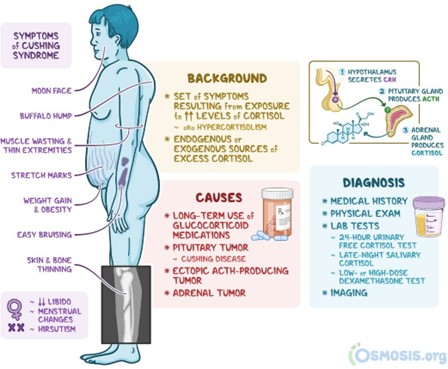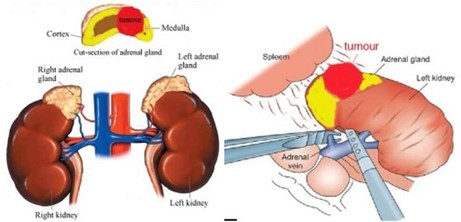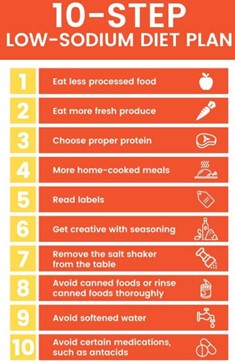A patient with crushing syndrome is admited to the hospital to have laparoscopic adrenalectomy. During the admission assessment, the patient tells the nurse "The worst thing about this disease is how terrible I look; I feel awful about it.' The best response by the nurse is:
You really should not worry about how you look in the hospital, we see many worse things.
Most of the physical and mental changes caused by the disease will gradually improve after surgery.
"Let me show you how to dress so that the changes are not so noticeable."
"I do not think you look bad; your appearance is just altered by your disease.
The Correct Answer is B
This response acknowledges the patient's concerns and provides reassurance that the changes are temporary and will improve after surgery. Response is dismissive of the patient's concerns and may make the patient feel unheard. Response c may be helpful, but it does not address the patient's emotional concerns. Response d is not accurate because the patient has expressed feeling awful about their appearance.


Nursing Test Bank
Naxlex Comprehensive Predictor Exams
Related Questions
Correct Answer is A
Explanation
Based on the given arterial blood gas results, the patient's pH is elevated, indicating alkalosis. The PaCO2 level is decreased, which suggests respiratory compensation. The bicarbonate (HCO3-) level is within the normal range. Therefore, the interpretation of the arterial blood gas results is respiratory alkalosis.
Correct Answer is A
Explanation
This meal choice is low in sodium as it contains fresh ingredients and does not include processed or pre-packaged foods that are typically high in sodium. Chicken, bread, and carrots are naturally low in sodium, and the client can control the amount of added salt or seasoning. In contrast, the other food choices are likely to be high in sodium due to added salt, cheese, or processed ingredients.
Therefore, the nurse should encourage the client to choose fresh, low-sodium foods and avoid processed or pre-packaged meals.

Whether you are a student looking to ace your exams or a practicing nurse seeking to enhance your expertise , our nursing education contents will empower you with the confidence and competence to make a difference in the lives of patients and become a respected leader in the healthcare field.
Visit Naxlex, invest in your future and unlock endless possibilities with our unparalleled nursing education contents today
Report Wrong Answer on the Current Question
Do you disagree with the answer? If yes, what is your expected answer? Explain.
Kindly be descriptive with the issue you are facing.
